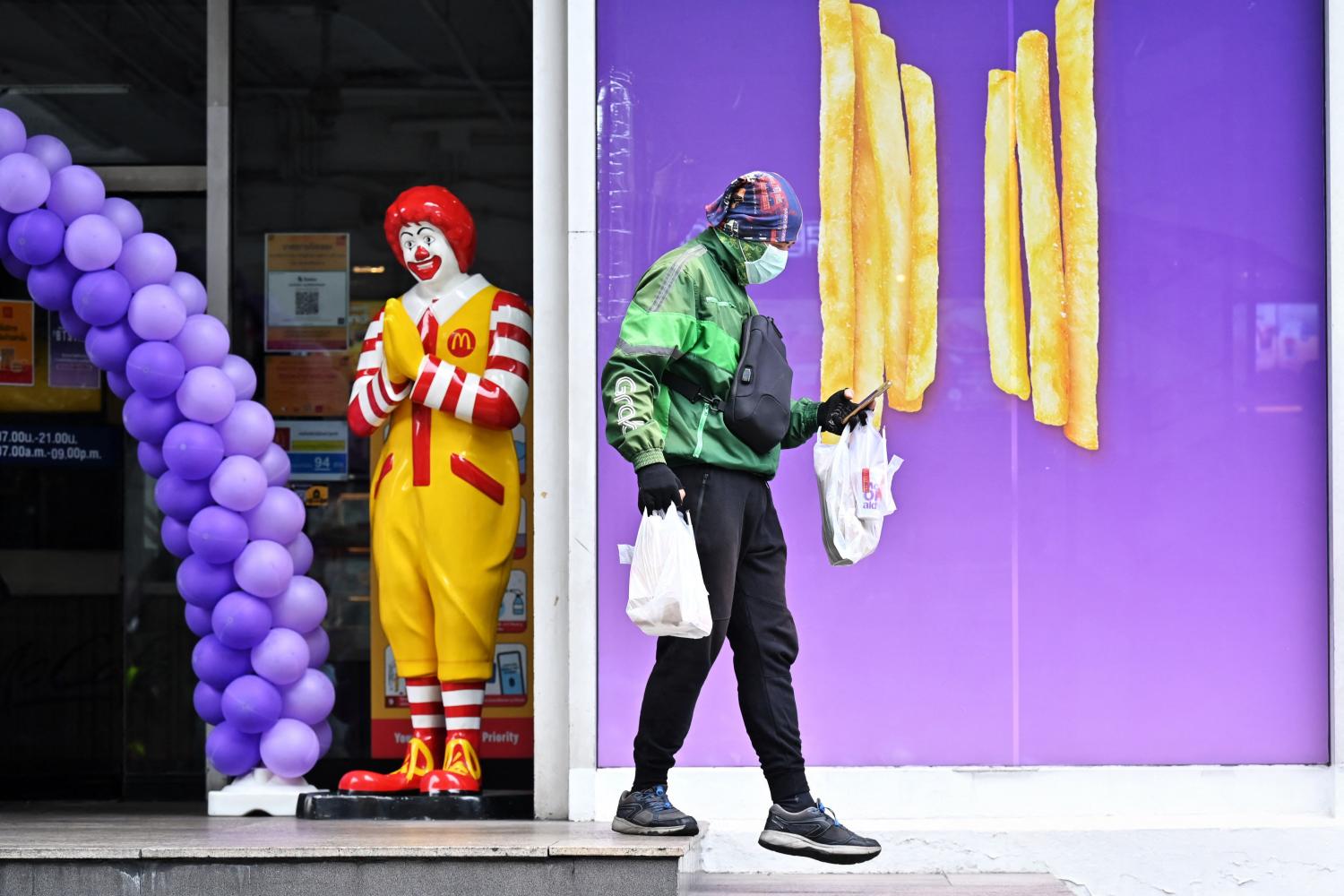
Thailand's GDP growth may be in a negative territory this year as the intense lockdown measures and the prospect of a protracted pandemic continue to crush the economy, according to Asia Plus Securities (ASPS).
The imminent lockdown measures are expected to be as strict as those employed during the second quarter of 2020, pressuring the outlook for the economy. Hotel, food, airlines, construction, shopping centres, and the media will continue to bear the brunt of the downturn much more than other sectors.
Thailand's first lockdown in 2020 spanned 38 days from March 26 to May 3. It caused the country's GDP for the whole year to contract by 6.2% from the previous year.
Likewise, the current lockdown in the second half could cause GDP growth forecasts to be downgraded. Thai GDP growth is highly likely to drop under 1% or even fall into negative territory if the pandemic is prolonged. The number of daily new infections has surpassed 10,000 for two consecutive days while the lockdown has been extended to 13 provinces, starting today.
"The fast-spreading Delta variant of coronavirus is a challenge and harder to contain. Thailand's number of daily new infections currently ranks second in Southeast Asia and first in terms of the proportion to the whole population. It also ranks 8th worldwide in terms of severe cases. The Thai economy will thus continue to be impacted and may see stricter measures from the government," said ASPS's executive vice-president Therdsak Thaveeteeratham.
The latest wave of the outbreak has affected about 73% of listed firms' profits, of which 14% are considered high impact.
According to an ASPS study, six business segments which account for 26% of total market cap and 14% of total profits will be the most severely affected by the lockdown.
Hotels, restaurants, and shopping centres will be directly affected by the travel restrictions. Despite increasing delivery sales, the sales volume from delivery remains much less than dine-in sales.
In addition, airlines will also continue to be hit by travel restrictions which are delaying their chances of returning to normal operations.
Construction has been suffering since worker camps were ordered to be shut down for 30 days from June 28 since many construction firms have ongoing projects in Bangkok and its vicinities. Suppliers for the sector such as manufacturers and distributors of construction materials including real estate developers were also severely affected.
Media businesses such as movie theatres are another group to be heavily affected by the work-from-home policy except TV media which will be less affected thanks to the growth in advertising.
Five sectors that will be least affected account for 39% of total market cap and 59% of total profits. Energy, petrochemicals, refinery, and oil will continue to be barely affected.
Commercial banks enjoy the same short term outlook but there is still a risk if economic recovery slows down.